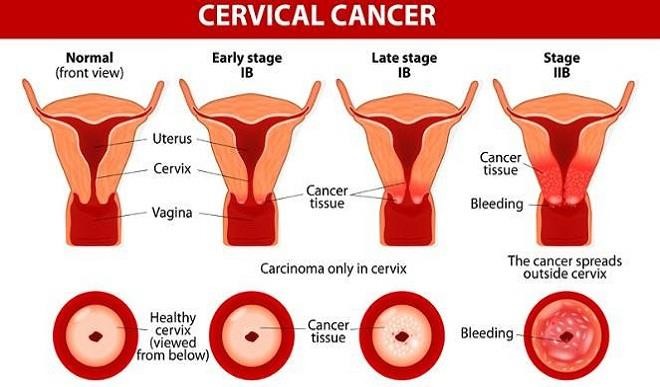Adopt HIV strategies on tackling cervical cancer, experts urge FG
It is time the Federal Government replicated the same approach adopted in drastically reducing the prevalence of Human Immunodeficiency Virus (HIV) to the raging problem of cervical cancer, experts have observed. The experts, who include gynaecologists, pathologists, oncologists, researchers and advocates made the call during the cervical cancer conference at the Lagos University Teaching Hospital […]

It is time the Federal Government replicated the same approach adopted in drastically reducing the prevalence of Human Immunodeficiency Virus (HIV) to the raging problem of cervical cancer, experts have observed.
The experts, who include gynaecologists, pathologists, oncologists, researchers and advocates made the call during the cervical cancer conference at the Lagos University Teaching Hospital (LUTH).
It was organised by the University College London (UCL) Global Engagement Funds Programme in partnership with a Lagos-based women’s cancer charity, Cancer Aware Nigeria, to address the high incidence of cervical cancer among women in Nigeria.
They raised alarm over what they called the increasing rate of cervical cancer with more women dying daily.
Cervical cancer is the second leading cause of female cancer in Nigeria. About 14,000 women are diagnosed with cervical cancer each year in the country.
The main risk factor for cervical cancer is a virus called the human papillomavirus (HPV). It is a very common sexually transmitted infection. There is a vaccine which protects against the HPV virus. This vaccine is called the HPV vaccine.
The experts said tackling the disease which is “highly preventable” involves a coordinated approach on early screening, detection and treatment.
A Consultant/Obstetrician and Gynaecologist in the University of Lagos, Prof. Rose Anorlu said: “I think the government is just recognizing it as a public health concern but it is a very serious public concern. We have more cases than what is reported. A lot of our women don’t report, they are shy. They don’t want to say there is bleeding from their private part.
“If government can use the same strategy of HIV with jingles for awareness for cervical cancer, I think we can get some result.”
Anorlu said part of the strategies must ensure access to affordable and low-cost screening and prevention, adding that every woman between the ages of 30-49 must always undergo the screening.
Dr Adeola Olaitan, Consultant Gynaecological Oncologist at the University College London Hospital, UK, who was the keynote speaker, said in the UK where she worked, cervical cancer had become a rare disease “because of good, effective, prevention screening strategies which we don’t have here (in Nigeria).”
She said the essence of the workshop was to implement effective and universal screening strategies to ensure every woman has access to it.
The Executive Director of CancerAware Nigeria, Tolulope Falowo, said cervical cancer is a cancer that should not happen at all, because it is preventable through vaccination and screening, yet it is the second most common cancer among women in Nigeria.”
The charity recently launched an advocacy campaign called the “14000 Reasons” HPV Vaccination campaign which is calling on the Federal Government to introduce the human papillomavirus (HPV) vaccine into the country’s routine immunisation programme so eligible girls can have access to it.
